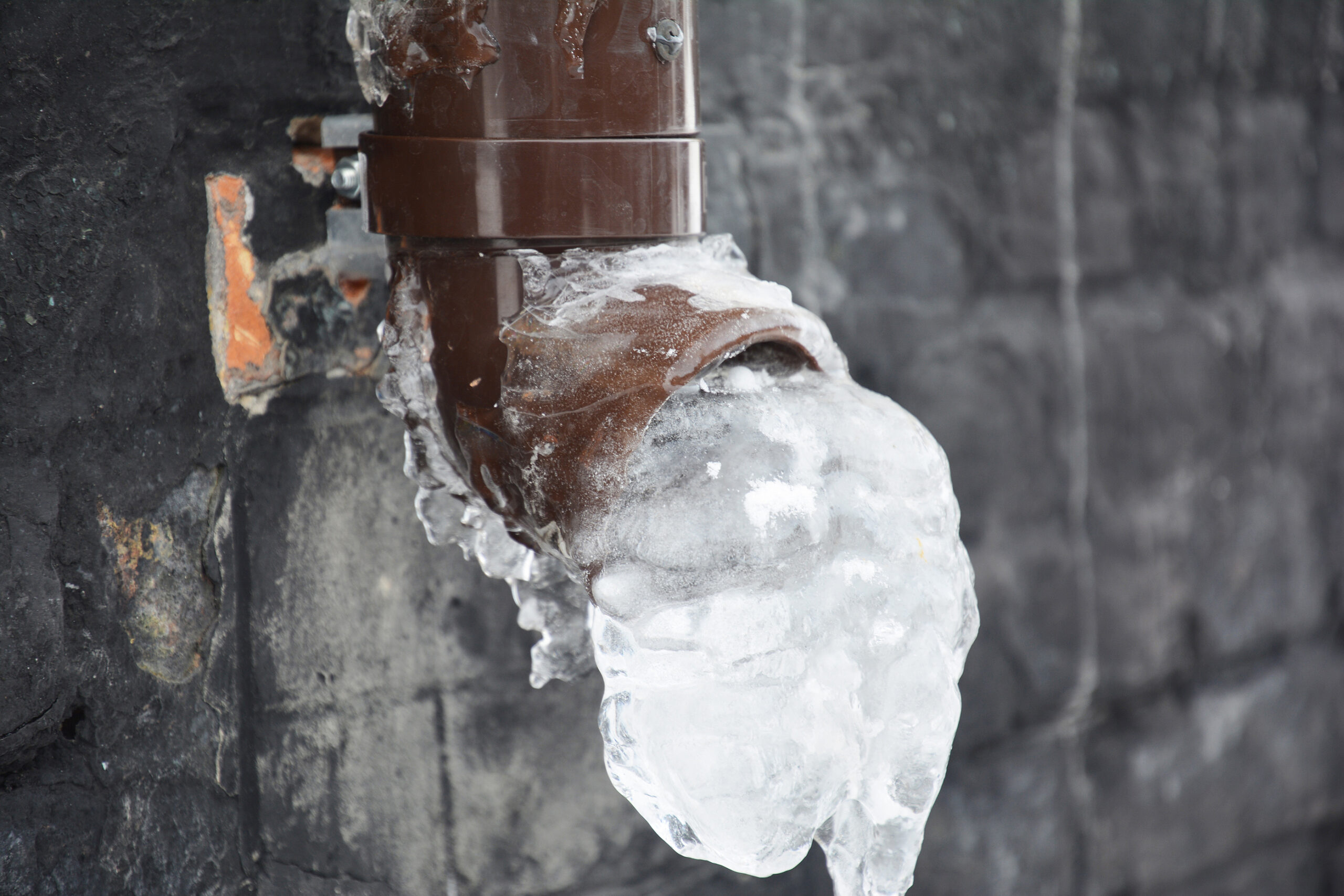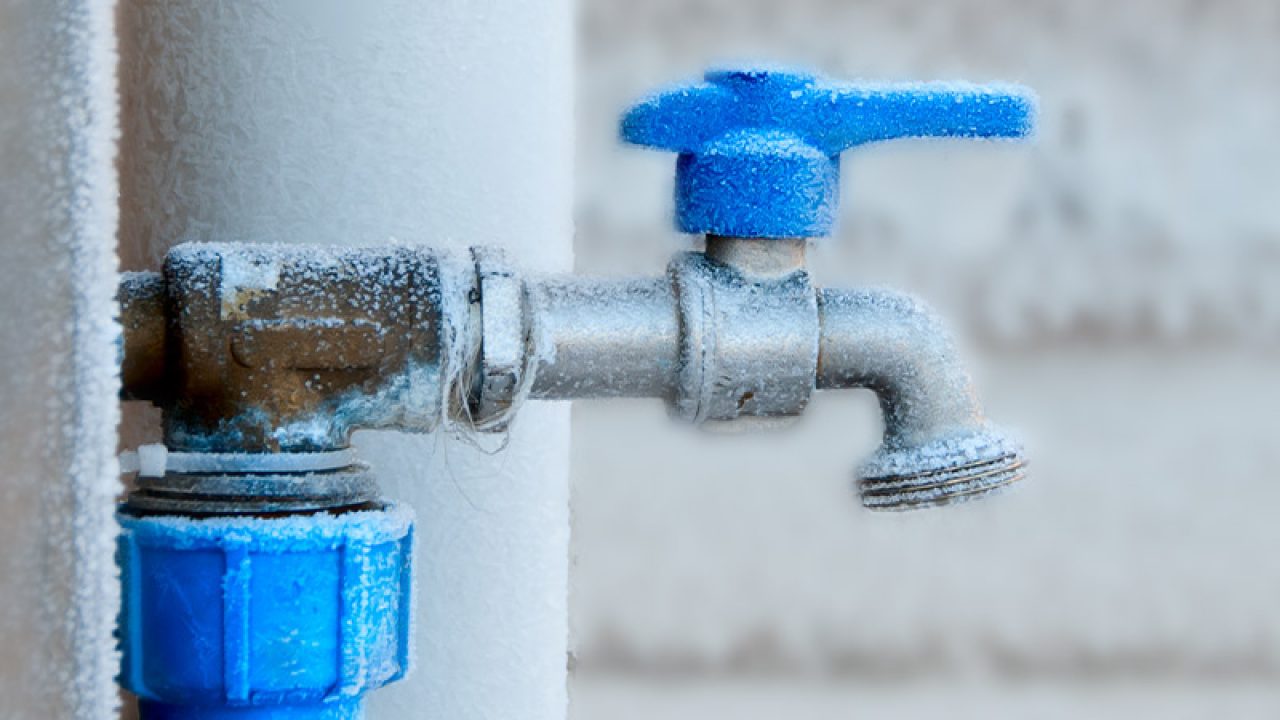Essential Methods for Avoiding Frozen Pipes in Winter
Essential Methods for Avoiding Frozen Pipes in Winter
Blog Article
Have you been trying to find critical info on Prevent Frozen Pipes ?

Winter can wreak havoc on your plumbing, specifically by freezing pipes. Right here's exactly how to avoid it from happening and what to do if it does.
Introduction
As temperatures decrease, the risk of icy pipelines rises, possibly bring about expensive repairs and water damage. Understanding how to stop icy pipes is crucial for home owners in cold climates.
Comprehending Frozen Pipes
What creates pipelines to freeze?
Pipes freeze when subjected to temperature levels below 32 ° F (0 ° C) for prolonged periods. As water inside the pipelines freezes, it expands, taxing the pipe wall surfaces and potentially creating them to burst.
Risks and damages
Icy pipes can cause water system disruptions, home damage, and expensive repairs. Ruptured pipes can flood homes and create comprehensive structural damage.
Indicators of Frozen Pipeline
Determining icy pipelines early can stop them from bursting.
How to recognize frozen pipelines
Seek lowered water flow from taps, uncommon smells or noises from pipelines, and visible frost on subjected pipes.
Prevention Tips
Protecting susceptible pipes
Wrap pipelines in insulation sleeves or utilize heat tape to shield them from freezing temperatures. Concentrate on pipes in unheated or exterior locations of the home.
Home heating strategies
Keep indoor areas adequately warmed, particularly locations with pipes. Open up cabinet doors to permit cozy air to circulate around pipelines under sinks.
Shielding Outdoor Plumbing
Garden tubes and outside faucets
Disconnect and drain yard hoses before winter. Install frost-proof spigots or cover exterior faucets with shielded caps.
What to Do If Your Pipelines Freeze
Immediate activities to take
If you believe icy pipelines, keep faucets open up to eliminate pressure as the ice thaws. Use a hairdryer or towels soaked in hot water to thaw pipes gradually.
Long-Term Solutions
Architectural adjustments
Think about rerouting pipes away from exterior wall surfaces or unheated areas. Add extra insulation to attic rooms, basements, and crawl spaces.
Updating insulation
Buy top quality insulation for pipes, attics, and wall surfaces. Appropriate insulation aids maintain consistent temperatures and decreases the danger of icy pipes.
Conclusion
Stopping icy pipes requires proactive actions and quick responses. By recognizing the causes, signs, and safety nets, home owners can shield their plumbing throughout cold weather.
Helpful Tips to Prevent Frozen Pipes this Winter
UNDERSTANDING THE BASICS: WHY PIPES FREEZE AND WHY IT’S A PROBLEM
Water freezing inside pipes is common during the winter months, but understanding why pipes freeze, and the potential problems it can cause is crucial in preventing such incidents. This section will delve into the basics of why pipes freeze and the associated problems that may arise.
THE SCIENCE BEHIND FROZEN PIPES
When water reaches freezing temperatures, it undergoes a physical transformation and solidifies into ice. This expansion of water as it freezes is the primary reason pipes can burst. As the water inside the pipe freezes, it expands, creating immense pressure on the walls. If the pressure becomes too great, the pipe can crack or rupture, leading to leaks and water damage.
FACTORS THAT CONTRIBUTE TO PIPE FREEZING
Low Temperatures: Extremely cold weather, especially below freezing, increases the risk of pipes freezing. Uninsulated or Poorly Insulated Pipes: Pipes located in unheated areas, such as basements, crawl spaces, or attics, are more prone to freezing. Insufficient insulation or lack of insulation altogether exacerbates the problem. Exterior Wall Exposure: Pipes running along exterior walls are susceptible to freezing as they encounter colder temperatures outside. Lack of Heating or Temperature Regulation: Inadequate heating or inconsistent temperature control in your home can contribute to frozen pipes. PROBLEMS CAUSED BY FROZEN PIPES
- Pipe Bursting: As mentioned earlier, the expansion of water as it freezes can cause pipes to burst, resulting in significant water damage.
- Water Damage: When pipes burst, it can lead to flooding and water damage to your property, including walls, ceilings, flooring, and personal belongings.
- Structural Damage: Prolonged exposure to water from burst pipes can compromise the structural integrity of your home, leading to costly repairs.
- Mold and Mildew Growth: Excess moisture from water damage can create a favorable environment for mold and mildew growth, posing health risks to occupants.
- Disrupted Water Supply: Frozen pipes can also result in a complete or partial loss of water supply until the issue is resolved.
WHY CERTAIN PIPES ARE MORE PRONE TO FREEZING
- Location: Pipes located in unheated or poorly insulated areas, such as basements, crawl spaces, attics, or exterior walls, are at higher risk of freezing.
- Exterior Pipes: Outdoor pipes, such as those used for irrigation or exposed plumbing, are particularly vulnerable to freezing as they are directly exposed to the elements.
- Supply Lines: Pipes that carry water from the main water supply into your home, including the main water line, are critical to protect as freezing in these lines can affect your entire plumbing system.
- Underground Pipes: Pipes buried underground, such as those connected to sprinkler systems or outdoor faucets, can be susceptible to freezing if not properly insulated.
https://busybusy.com/blog/helpful-tips-to-prevent-frozen-pipes-this-winter/

Do you really like more info about Prevent Frozen Pipes ? Leave feedback down below. We will be pleased to find out your insights about this page. We are looking forward that you visit us again later on. Sharing is good. You won't know, you will be doing someone a favor. Thank-you for taking the time to read it.
Call Today Report this page